When my husband and I finished college as newlyweds and headed a thousand miles east for his master’s program, we’d never heard of minimalism, but we decided to only take what we could pack into our small, silver Toyota Corolla.
My whole wardrobe for that year, from day-to-day clothes to shoes and winter coats, fit inside one plastic storage tub. (Saying that kind of makes me want to reinstitute that measure marker!)
We rented a small set of furniture and watched what we bought, knowing that everything would have to fit in that Corolla when the time came to move back west.
We could have lumped the cost of a moving truck into our student loans or splurged on our own set of furniture. It wasn’t totally about the money; it was also about the sense of freedom we felt as we drove across the country and into a new chapter of our lives, with very little tying us to the one before. That feeling of lightness stayed with us all year—and memory of it has never left.
The Weight of What You Own
Do you ever feel the weight of your physical belongings resting on your chest?
I talk about decluttering as much as I do because it’s one of the most tangible, accessible, and immediate ways to lighten your load. Every single item you get rid of takes a bit of that weight off your chest.
{Related: The Truth About Clutter: 9 Truths to Empower You to Let Go and Live Free}
I’m gonna imagine that you’re 100-percent on board with me—You are SOLD on the benefits of decluttering. Maybe you’ve even made some good progress!
But there are a few common decluttering blocks that we ALL come up against, and today, I’m going to share a few thoughts to help you break through them.
The 5 Most Common Decluttering Blocks
Which of these five do you get stuck on?
- “I might need this someday!”
- “I paid good money for this!”
- “I can’t use this special item; it might get damaged or worn out!”
- “I want to declutter, but I have such a hard time getting rid of sentimental things!”
- “I can’t declutter because my partner and kids aren’t on board.”
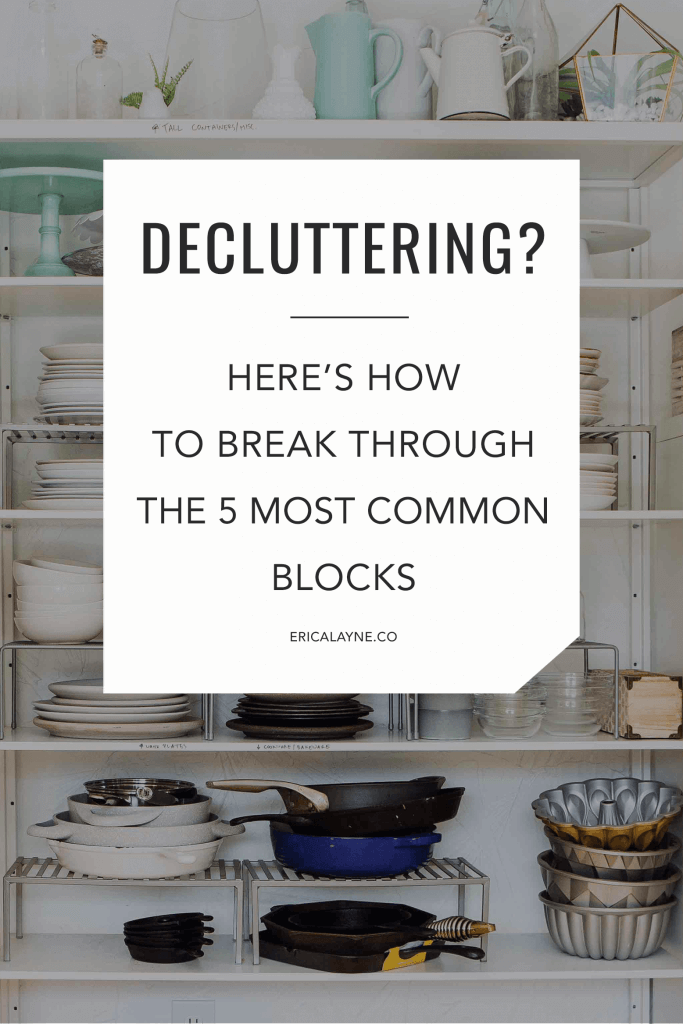
How to Break Through the 5 Most Common Decluttering Blocks
1. “I might need this someday!”
It’s not easy—and for some people, it can even be painful—to get rid of something that still feels useful. Instead of asking yourself “what if I need it someday,” I suggest asking yourself a different question:
“Would I rather store this item for the next year—or borrow, rent, or even re-buy one if I really need it down the road?”
Almost always, the answer for me is the latter. Storing something I don’t regularly use has a heavier mental and emotional cost for me than the potential cost of buying it again—or the simple effort of borrowing it from a friend.
A quick example: After my kids left the baby years, I was tempted to keep our portable crib for when my sister came into town with her baby and stayed overnight. Instead, I decided to give it away and simply borrow one from a friend when my sister visited. In the years since then, we’ve only needed a playpen twice, and it was no trouble to borrow. I’m so glad I didn’t store this bulky item for years, when it ended up being such an easy problem to work around.
If you weigh the real cost of storing your things and are still unsure about some items, box them up and place them out of sight for a predetermined amount of time, such as three to six months. Set a calendar reminder so the box doesn’t end up indefinitely in the dark recesses of your basement. 😉 Once your timeframe is up, if you haven’t needed anything in the box, send it on its way.
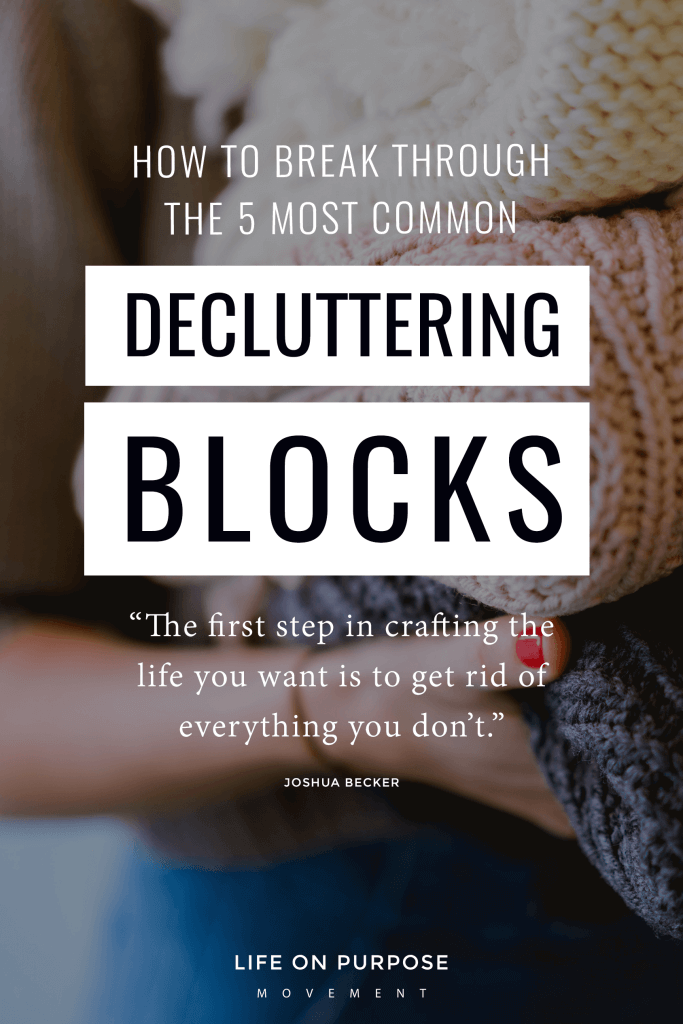
2. “I paid good money for this!”
That item you paid for? The purse, blouse, tablecloth—whatever it is. It’s not fulfilling its function sitting in the back of a closet.
Monetarily, it’s no more valuable to you if you’re not using it than it would be if you no longer owned it. (And while we’re thinking along those lines, someone else might use it, therefore fulfilling its monetary value!)
Another thought that helps me let go of things I paid money for comes from Marie Kondo, who wrote The Life-Changing Magic of Tidying Up. Marie suggests believing that no matter how much you’ve used an item, you have gotten what you needed from it. Maybe what you needed in the moment you bought it was a little emotional boost. Maybe that was its purpose and its purpose has been served.
But what I most want you to take away from this mini-segment is this:
Your mental and emotional space is just as valuable as the dollars in your wallet.
3. “I can’t use this special item; it might get damaged or worn out!”
I don’t believe our most treasured items are meant to collect dust in a box or a cupboard. What’s the point of keeping a significant piece if you tuck it away and then forget it exists? If your grandmother gave you an antique serving dish, wouldn’t you rather run your fingers across it and think of her each time you pull it out for a meal?
If you’re worried about damaging it because you’re planning on passing it down to your child, here’s a difficult truth: A piece you’ve been given that’s meaningful to you will probably not mean as much to your children or grandchildren. They won’t have the same memories of the person who gave it to you.
My advice? Use those sentimental heirlooms now, while you can, knowing that even if they break, at least you used them for their intended purpose and enjoyed them while you could.
The same goes for expensive items—jewelry, china, clothes, skincare, etc.
“Don’t save things for a special occasion. Today is a special occasion.”
Use your special things.
On a related note, if you have a special item that you don’t actually WANT to use (like a gift someone gave you or a handed-down piece that just isn’t your style), consider this your permission to give it away.
Storing it in your attic for the indefinite future isn’t better than passing it on to someone who might actually use, enjoy, and appreciate it.
Building on this is #4:
4. “I want to declutter, but I have such a hard time getting rid of sentimental things!”
Do you consider yourself a sentimental person? If so, try asking yourself these three questions the next time you’re struggling to let go:
- Does this object contribute in a meaningful and immediate way to the values I’m building my life on and my vision for my home?
- Does getting rid of this item mean I’ll be getting rid of the memories associated with it?
- Is there a different way I can document or honor what this piece means to me without actually holding on to it?
5. “I can’t declutter because my partner and kids aren’t on board.”
People often ask me how to get their partner or kids to go minimalist with them. I’ve struggled with this too, FOR SURE. My husband and I have very different ideas of what constitutes clutter. 😉
But one thing I’ve learned time and again is that I’m happiest when I keep my eyes in my own lane.
Expecting others to come along RARELY works, but if I can make small changes to myself—my home, my life, my mindset—THAT’S when I feel an inner joy that is totally my own.
So focus on the areas you have influence over. For you, that might be your nightstand, your side of the closet, household closets, the kitchen and pantry, the kids’ rooms and closets (at least to a degree)—or any combination of those and more.
And then remember that evvvvvery now and then, when you live out your joy and decide not to push and prod your loved ones, they might just decide to come along on the journey. But that’s just icing on the cake, because you’ll already be busy living your joy. 😘
{FYI, I got into this a bit more—regarding kids, in particular—in this Q&A-style post.}
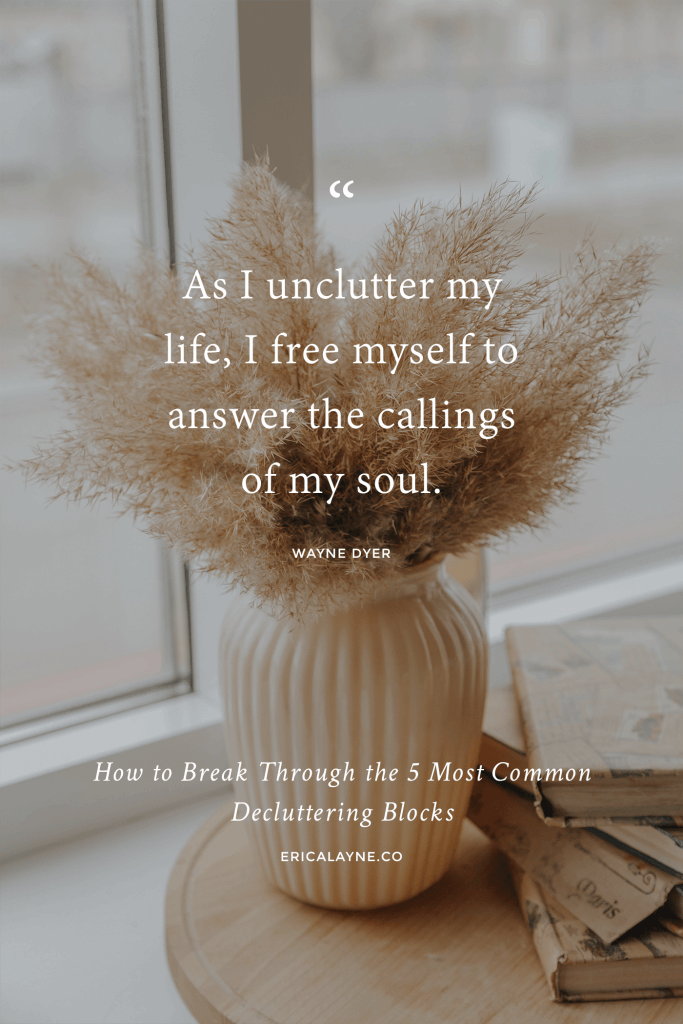
Let’s Trade STUFF for Peace
I recently asked you all to fill in this sentence: “Once I let go of my unneeded possessions, I found I had more _________.”
By far and away, the #1 response was “peace,” but I also heard focus, wellness, energy, compassion, time, freedom, creativity, clarity, money, ideas, new relationships, room to breathe, and the ability to just BE.
I can’t think of many things in life that are more valuable than those.
Live simply, simply live. ❤️
xo!

So you’ve burst through the most common decluttering blocks and are ready to dive in?
Start by grabbing my free list of 100 things to get rid of. It’s the perfect jumpstart:
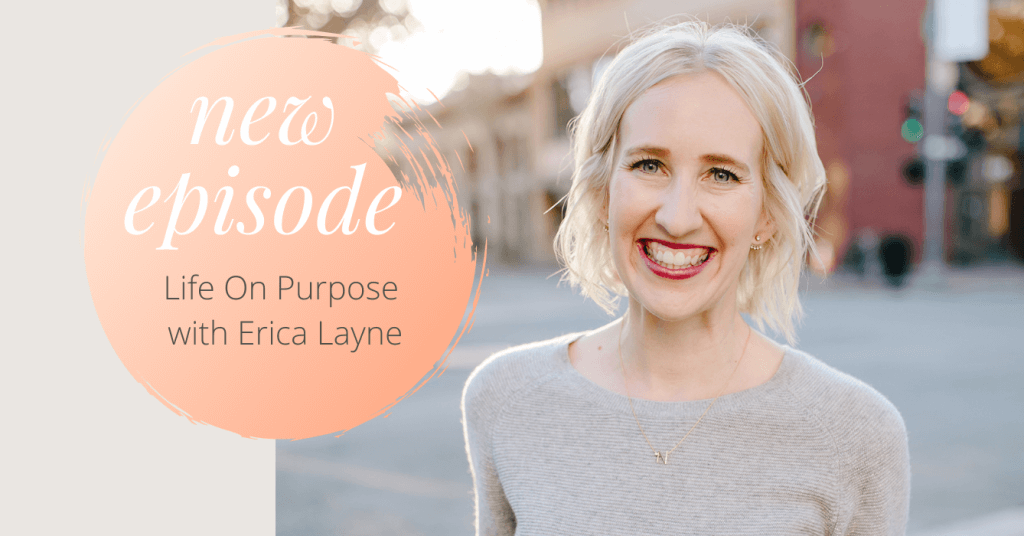
More from Episode 23 of “Life On Purpose with Erica Layne”
Here’s what else you can hear in the latest episode of the podcast!
- Ask the Expert: Desirae Endres, host of the Life with Intention podcast, shares her simple, grace-filled trick for really living in your home while still coming back—again and again—to a low-clutter, tidy baseline.
- Got a question for our upcoming Q&A? Email [email protected] with “Question” in the subject line.
- My short decluttering book is marked down on Amazon this week! Pick it up on Amazon for less than a latte, and make real strides to transforming your home: The Truth About Clutter: 9 Truths to Empower You to Let Go and Live Free.
Listen to the full podcast episode in your favorite podcast app or in the audio player below! And be sure to hit subscribe so future episodes automatically pop up in your podcasts feed!
Apple Podcasts | Google Podcasts | Spotify | Overcast | Stitcher | Amazon
Show produced by Callie Wright
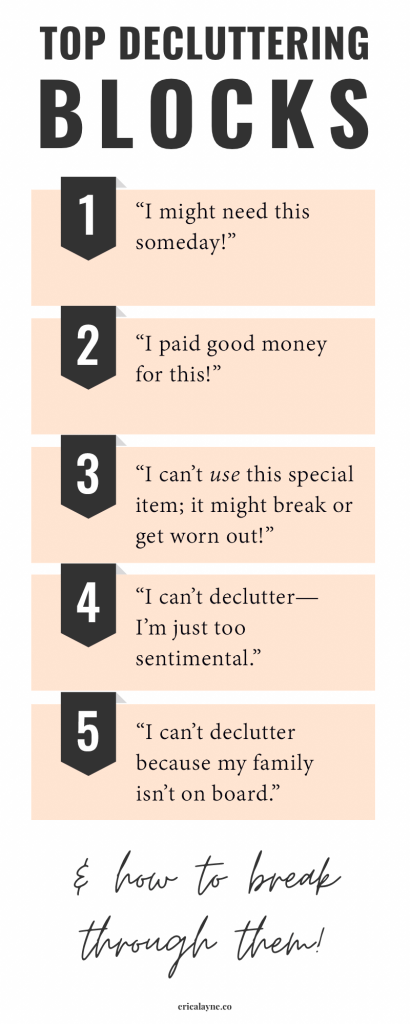

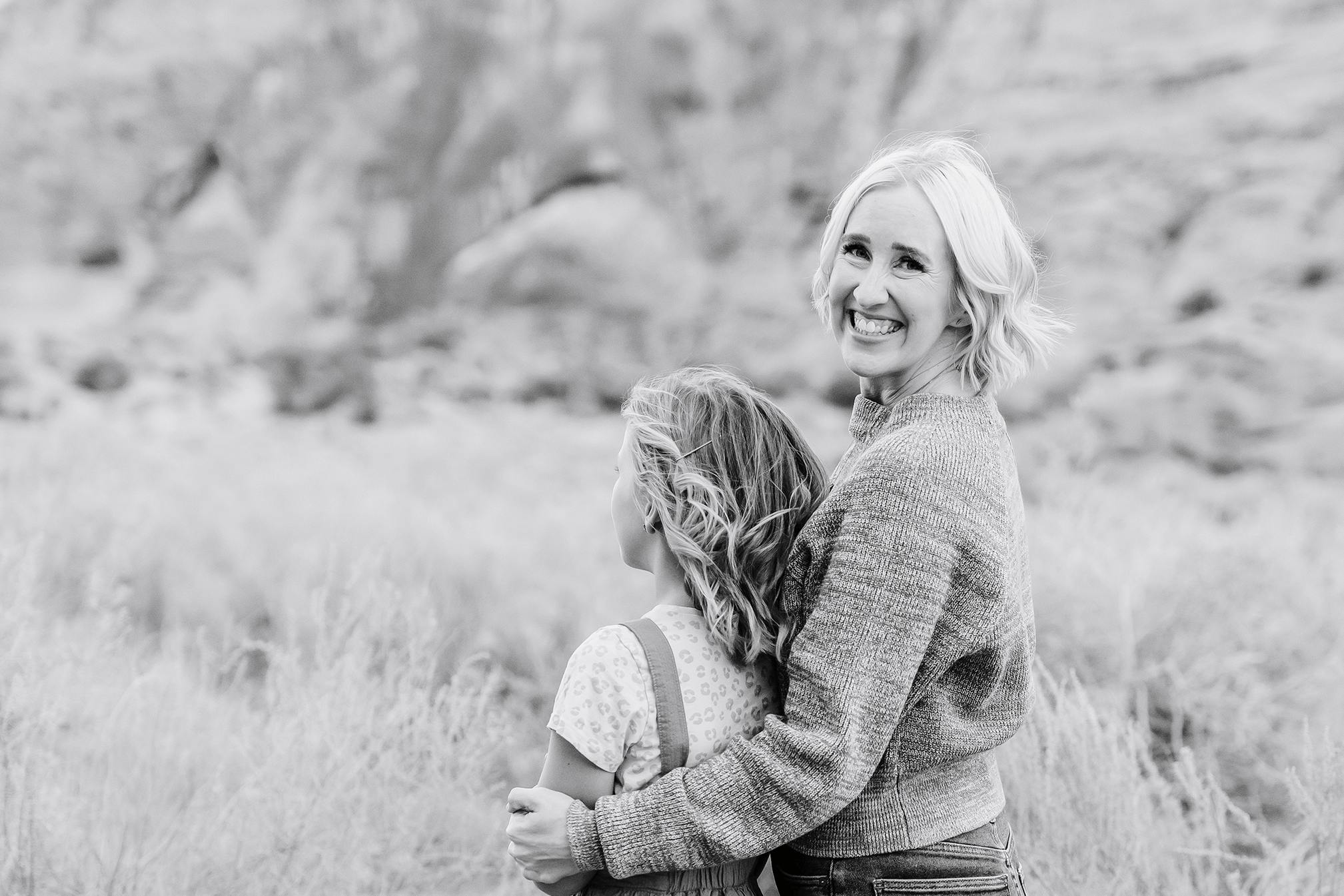
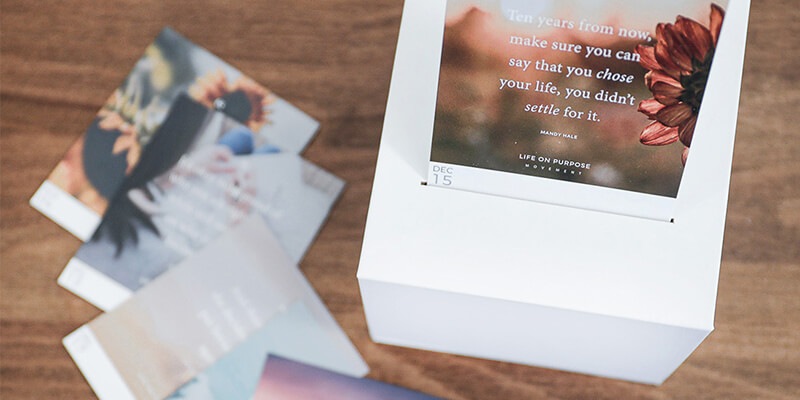
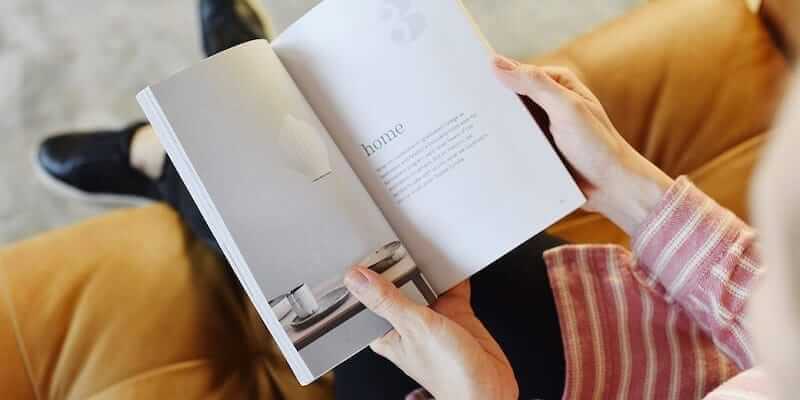
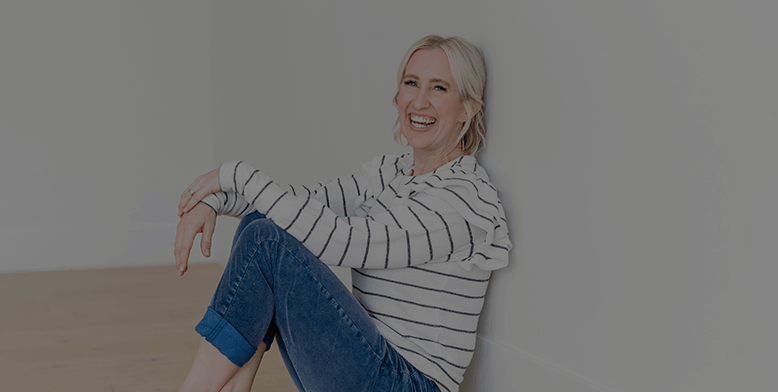
Great thoughts on decluttering! I agree with your quote about clutter being just as much emotional and mental as it is monetary. If it’s not serving a purpose (except for taking up valuable space in your home) it’s not worth it. That’s the hard part about decluttering, but once you move past the emotional ties, it’s so freeing to live with less. Thanks for sharing!